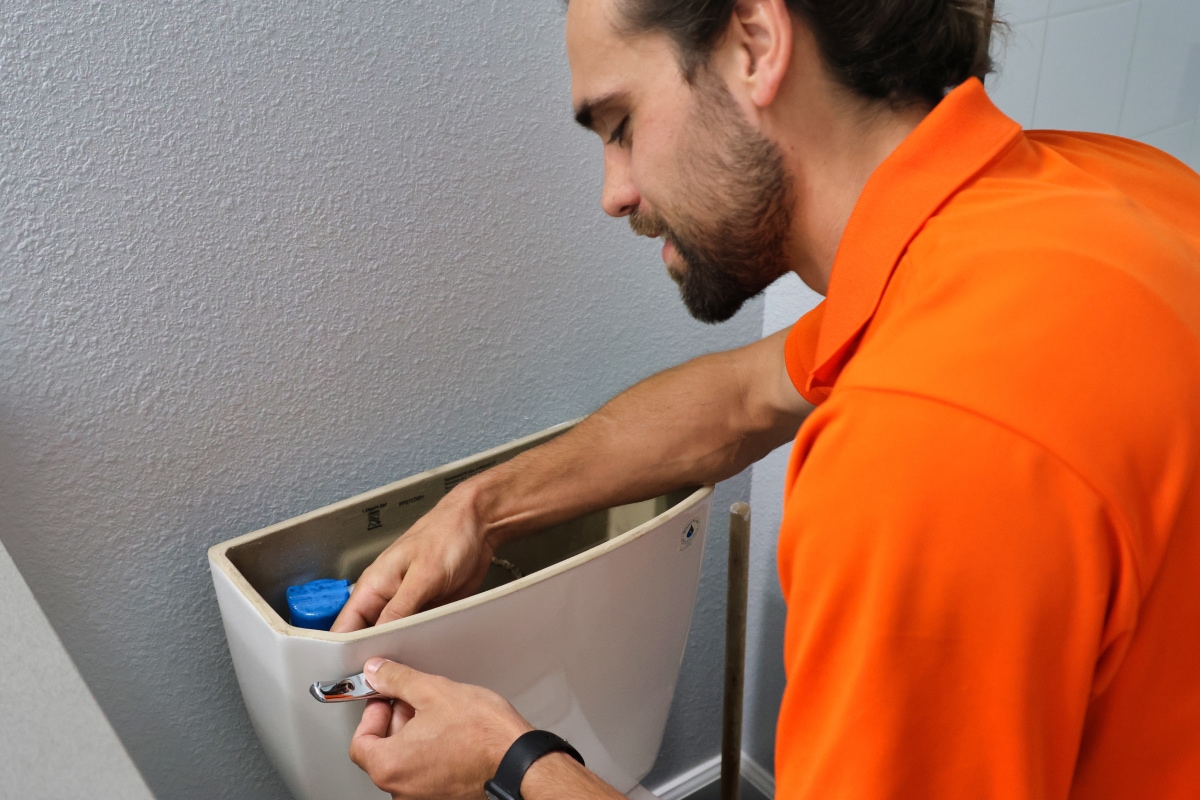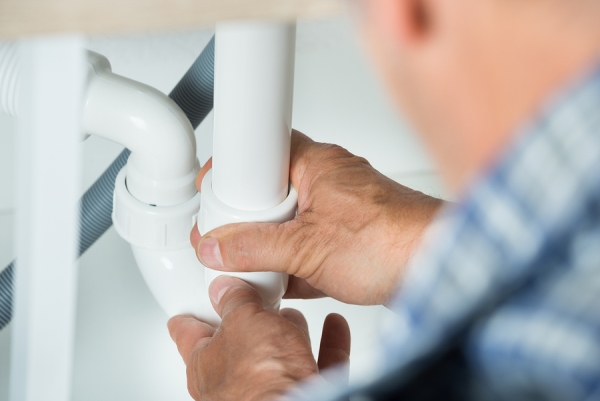Addressing Emergency Plumbing Problems: Fast Tips Until Professional Help Arrives
Addressing Emergency Plumbing Problems: Fast Tips Until Professional Help Arrives
Blog Article
We have stumbled on this post relating to What to Do During a Plumbing Emergency down the page on the net and think it made good sense to relate it with you on this site.

Pipes emergencies can strike at any moment, triggering tension and prospective damages to your home. Whether it's a burst pipeline, a stopped up drainpipe, or a leaking faucet, knowing just how to handle the scenario until a specialist plumbing technician shows up can conserve you from more problems. This post supplies essential emergency situation pipes tips to aid you reduce damages and restore control throughout a plumbing situation.
Switch off the Supply Of Water
The first step in any plumbing emergency situation is to shut off the water. For localized concerns, such as a dripping tap or bathroom, switch off the valve near the component. When it comes to a major leak or ruptured pipe, situate your home's main water shut-off shutoff and turn it off immediately. Knowing the place of these shutoffs in advance can conserve important time throughout an emergency.
Address Tiny Leaks with Momentary Fixes
Small leaks can swiftly become considerable problems if left unattended. Utilize these momentary fixes until specialist assistance gets here:
While these fixes aren't permanent, they can aid decrease water loss and damages.
Unclog Drains Pipes Securely
A stopped up drainpipe can be an irritating and messy concern. Below's exactly how to tackle it:
If these methods do not work, stay clear of using too much force, as it might worsen the obstruction.
Manage Overflowing Toilets
An overruning toilet can trigger prompt mayhem. Below's what you ought to do:
Shut down Your Hot Water Heater
In certain emergencies, such as a ruptured pipeline, it's a good idea to turn off your hot water heater. This avoids getting too hot or damages to the unit when water stops flowing. Turn off the power supply to the hot water heater (electrical or gas) and allow it cool down to prevent prospective threats.
Temporarily Stop a Burst Pipeline
A ruptured pipeline can lead to considerable water damages in mins. To minimize the issue:
Call an expert plumbing technician right away to address the problem completely.
Take Care Of Frozen Piping Very Carefully
In chillier climates, icy pipelines are a typical emergency. If you think a frozen pipeline:
Avoid Further Damage
Taking fast activity to lessen damage can conserve you money and time over time. Here's just how:
. Have an Emergency Situation Plumbing Package
Prepare a standard plumbing emergency situation kit to take care of minor concerns properly. Your set should include:
Having these devices available can make a significant distinction in your capability to take care of emergency situations.
Know When to Call a Specialist.
While quick fixes can aid momentarily, particular pipes problems need instant professional focus. Call a plumbing technician if:.
Quickly speaking to a specialist guarantees the problem is settled appropriately and prevents additional complications.
Final thought.
Pipes emergencies can be frustrating, but with the ideal knowledge and tools, you can take care of the scenario efficiently till help shows up. By switching off the supply of water, attending to tiny leaks, and utilizing short-lived fixes, you can reduce damages and keep your home safe. Remember, these ideas are short-lived services; constantly get in touch with a certified plumbing professional to handle the source of the issue. Prep work and fast thinking are your finest allies in any type of pipes emergency situation.
8 Helpful Tips for Managing Plumbing Emergencies at Home
If your plumbing system hasn’t failed once, wait for it because almost everyone has a story to tell. Sometimes, it could be simple emergencies such as a leaking pipe, a blocked cistern, or even a big burst pipe. In situations like this, you need to have some handy tips to save you some money and from possible damages.
Take care of minor issues early.
Sometimes, you could have avoided an emergency by taking proactive measures while it was still early. Some major plumbing emergencies can be a result of an ignored minor issue. We recommend that you have items like plumbing tapes and other related items. A plumbing tape can allow you to manage minor leaks before the plumber arrives.
Cut off the water supply.
This tip is essential in almost any type of leakage problem. For problems like minor leakages in the toilet or kitchen, turn off the supply that takes water to the affected pipes. If the leakage is a major pipe, you must shut off the supply valve to the entire building. This will help you avoid flooding your home and neighbors if you share a flat.
Know your plumbing system
Folks typically move into a new apartment without understanding the water supply around the building. This can prove disastrous if a water emergency arises and the plumber is far away. The previous tip will prove useless if you don’t practice this one. More importantly, know where your water shut-off valve is located – you’ll need that knowledge to prevent potential home floods.
Have some common handy tools
There are lots of plumbing emergencies that you can handle without hiring a plumber. That’s why you must keep some tools available always. Some tools that you can use to fix simple plumbing emergencies easily include plumbing tapes, screwdrivers, thread seal tapes, plungers, pliers, tape measures, and rubber gloves.
Insulate your pipes from cold
You’ll save yourself from many plumbing expenses if you protect your water pipes from the cold. This is because of the harmful effects that cold weather can have on your pipes. During winter, your pipes can burst from being overly expected to freezing temperatures. So, make sure insulators are there to keep the pipes working correctly.
Avoid practices that will clog your toilet.
Many people indulge in practices that can damage the plumbing system of the entire building. One of these is when they use their toilet to dispose-off garbage. They flush all kinds of things, such as paper towels, bandages, hairs, female sanitary products, etc., down the toilet. This will block your toilet in the long run, incurring unnecessary expenditures. Dump such waste in the trash instead.
Check your dials regularly.
Sometimes, there could be leakages in your home without noticing them in time. So, constantly monitor your water meter dial. If the dial is reading when there is nobody using water, this is an indicator that there is leaking. Check for leaks immediately. Call a plumber as soon as possible if you can’t find any.
https://www.constructionplacements.com/8-helpful-tips-for-managing-plumbing-emergencies-at-home/

I hope you liked our section about . Thanks a lot for taking a few minutes to read our short article. Sharing is good. Helping others is fun. Thank you for your time. Return soon.
Check It Out Report this page